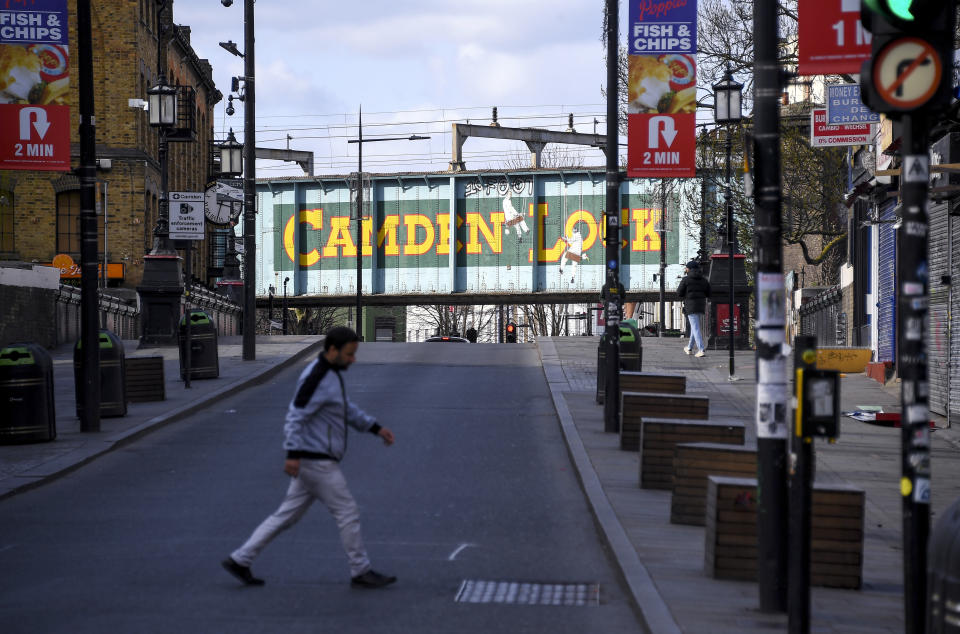Average London wages now worth 5% less than in 2007

The average full-time worker in London is earning 5% less after inflation than before the global financial crisis more than a decade ago, according to new figures.
Analysis by the Institute for Fiscal Studies (IFS) highlights declines in average real pay levels for high earners since the last recession hit in 2007, which has affected London most. Meanwhile London’s higher average pay has limited poorer workers’ gains from increases in the national minimum wage, and contributed to a narrowing of the earnings gap with the rest of the country.
The decline in median full-time earnings in real terms in Britain’s capital is almost twice as deep as the 2.6% decline in the rest of the country.
Strong employment growth in London over the past decade has boosted average household incomes however, with more households gaining from being in work despite lower real earnings.
READ MORE: New manufacturing orders rise at fastest pace since 2018
But median household incomes for Londoners are still only 6% higher than in the early 2000s, when rising prices including housing costs are taken into account. Across the rest of the UK, median household incomes have risen much faster, up 13% since 2002.
A paper released by the think tank puts the gap down to London seeing faster increases in rents and property prices than much of the UK. The capital has a higher share of renters than elsewhere, and average private rents are up 43% in cash terms since 2005, compared to just 20% in the north-west of England.
London’s much weaker income growth than the rest of the country marks a reversal of trends before the global financial crisis, according to the IFS.
READ MORE: Government ‘cannot turn its back’ on workers excluded from support
“While full-time earnings were growing faster in London on both a workplace and a residence basis in the years leading up to the late 2000s recession, the real-terms fall in earnings since 2007 has been larger in London than in the rest of the country,” said the paper.
David Phillips, an associate director at IFS and an author of the report, said: “In London and surrounding areas, the big issue seems to be housing. The high cost of housing pulls down the disposable income of households, especially poorer ones.
“And the rapid growth in house prices has widened wealth inequalities not just between London and the rest of the country, but also between those on and off the housing ladder in the capital.
“As the government develops its policies to ‘level up’ the country, it needs to take this complexity of economic inequalities into account—and play close attention to the risks and opportunities posed by the impacts of the COVID-19 crisis.”
Listen to the latest podcast from Yahoo Finance UK

 Yahoo Finance
Yahoo Finance 